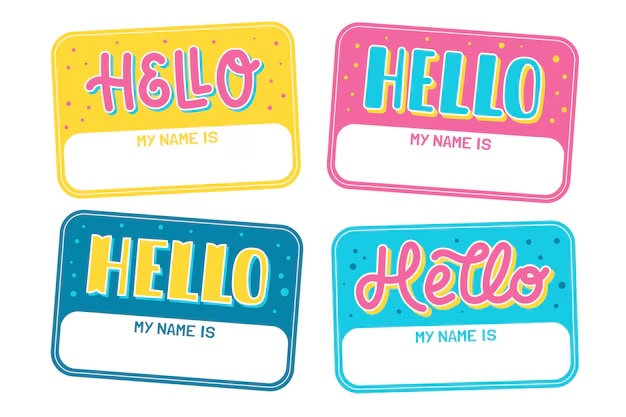Understanding domain names and why you need one

Your domain name is a crucial component of your online presence. It is connected to all facets of your online identity, including your website, email addresses, and social media profiles. Here's how to choose a great one.
What is a domain name?
A domain name is a unique and memorable name that identifies you or your business online. It is used in web addresses after the www (by corresponding to a specific IP address on the Internet), email addresses after the @ symbol, and it can do other things too, like be our handle on some social media sites.
It’s unique to you, and you can look for one right now.
Your online identity depends heavily on your domain name. So, when designing a website, make sure the domain name is clear and memorable to provide a positive user experience.
If you are new to building an online presence, this article is for you! You may also find these additional resources helpful:
- A quickstart guide to domains, websites and almost everything else
- From our Knowledgebase, the Glossary of domain-related terms.
Why is a domain name important?
Domain names are how people can find your website, so if you want a solid presence online, using your own domain name to conduct business online, rather than a generic one, is essential. Here’s why:
-
Building Trust. Building credibility with potential customers is essential, and having your own business domain name plays a key role in that. Customers often search for a company’s website to confirm its legitimacy, and a professional online presence is vital for attracting and retaining clients.
-
SEO Optimisation. Your site will appear higher in search results if your domain name is the same as, or similar to, your brand name, improving your SEO ranking. As such, if you get more clicks, your overall SEO ranking will be boosted.
-
Brand Recognition. Your domain name is a valuable investment in your brand, making it easier for customers to find and remember you online. Securing a domain name that aligns with your brand name is crucial for establishing your online presence and enhancing brand recognition. If your desired domain is unavailable, try adding relevant keywords to make it unique.
-
Google Marketing Tools. To use tools like Search Console, which tells you hat keywords people use to find your site and which searches get the most clicks, you need to control your website's domain.
Choosing the right domain suffix
The final component of a domain name is the suffix, or TLD (top-level domain). This can indicate the nature of the business or suggest its location. It is also known as an extension, and examples include .com.au or .au. A suffix must be selected when registering a domain name.
When choosing a domain extension, keep these factors in mind:
- Purpose: The domain extension can give visitors a sense of what your website offers.
- Price: Not all domain extensions cost the same. If you're on a budget, you may want to choose the most affordable option.
- Location: If your business is focused on a specific country, using a country-specific domain extension may be a good idea.
- Brand Recognition: A unique or uncommon domain extension may make your website more memorable, and can help with branding.
Can you “buy” a domain name?
Domain names are more like renting than buying. You lease them from authorised registrars, and they remain yours as long as you continue to pay. You can renew your lease before it expires, and many providers offer auto-renewal. You can also pay in advance for multiple years.
Timely renewal can be a good way to lock in current prices for a domain that you'll use for years to come.
Registering your domain name
Here are things to consider when registering your domain name:
Choose your domain carefully, because changing your domain name later can be hard and expensive.
Look out for pricing tricks. Some providers offer low prices for new domain registration but charge significantly higher fees for renewals. It's important to be aware of hidden costs and compare pricing structures before choosing a provider.
Compare prices. Different providers can charge very different amounts for the same domain name.
Consider multiple TLDs. Acquiring multiple domain names with different top-level domains (TLDs) that all lead to your primary website can be a good strategy. This method can prevent brand damage and confusion by stopping impersonators and competitors.
The overall cost of launching your website will exceed the price of your domain name, so you will need to budget for more than just domain registry costs.